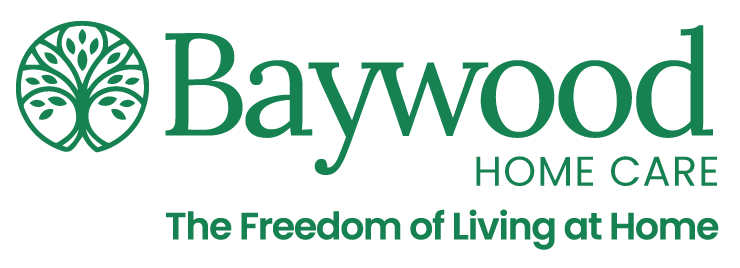If you’re looking for a career that blends flexibility, growth, and fulfillment, consider working in home health care. This field is attractive for healthcare professionals seeking a better work-life balance. Whether you’re a nurse, home health aide (HHA), or case manager, home health care lets you to create a personalized schedule, provide one-on-one care, and build meaningful patient relationships. This is a stark contrast to the rigid, fast-paced environment of traditional healthcare settings.
Flexible Scheduling Options in Home Health Care
One of the biggest benefits of a career in home health care is the flexibility it offers. Unlike hospitals & clinics, where shifts are fixed and often require long hours, in-home care providers can choose from full-time, part-time, or per-diem schedules.
If you have personal responsibilities—such as caring for family, studying while working, or managing other commitments—home health care provides the flexibility to balance work and life more effectively.
How Flexibility Benefits Different In-Home Care Professionals?
Flexible job schedules benefit all in-home care providers in the home healthcare industry:
Home Health Aides (HHAs)
HHAs can choose morning, afternoon, or overnight shifts, allowing them to maintain a work-life balance. They also have the option to work with specific patients rather than juggling multiple patients in a hospital setting.
Nurses (RNs and LPNs)
In-home care nurses enjoy greater independence and control over their caseloads. They also benefit from working in a familiar and relaxed home environment, enhancing job satisfaction.
Case Managers
Hospital-based case managers often deal with extensive administrative tasks. In contrast, home healthcare case managers have the flexibility to work remotely, visiting patients only as needed. This allows for a much-improved work-life balance.
Home Health Care vs. Traditional Healthcare Settings
A clear comparison between home health care and conventional healthcare settings highlights the benefits of working in-home care.
| Feature | Home Health Care | Traditional Healthcare |
| Work Environment | Patient’s home, relaxed setting | Hospitals, clinics, fast-paced, high-pressure |
| Schedule | Flexible, self-determined shifts | Fixed, long hours |
| Patient Interaction | One-on-one, personalized care | Multiple patients, limited interaction |
| Work-Life Balance | Easier to balance personal and professional life | Demanding schedules, higher burnout risk |
| Independence | More autonomy in patient care | More protocols and supervision |
Employee Testimonials on Work-Life Balance
Here’s what professionals in home healthcare have to say about their experience:
Emily, HHA
“Working at a nursing home left me with little time to connect with residents. Now, as a home health aide at Baywood Home Care, I can build real relationships with my clients while still having time for my family. The flexibility has been life-changing!”
Michael, RN
“I worked in a hospital ICU for years before switching to in-home health care through Baywood. The difference is incredible—whether it’s day or night shifts, I create my own schedule and can truly focus on patient care without constant interruptions.”
Sarah, Case Manager
“Since becoming a home care case manager at Baywood Home Care, I’ve found the perfect balance between professional fulfillment and personal time. I no longer experience the burnout I felt in the hospital system.”
Conclusion
A career in home health care offers flexibility, work-life balance, and personal fulfillment. Whether you’re an in-home care nurse, HHA, or case manager, you can create a schedule that works for you. The ability to provide meaningful, one-on-one patient care makes home healthcare a rewarding career choice.
At Baywood Home Care, we have requirements for home health aide, nurse, and case manager, so apply today and transform your professional and personal life.




